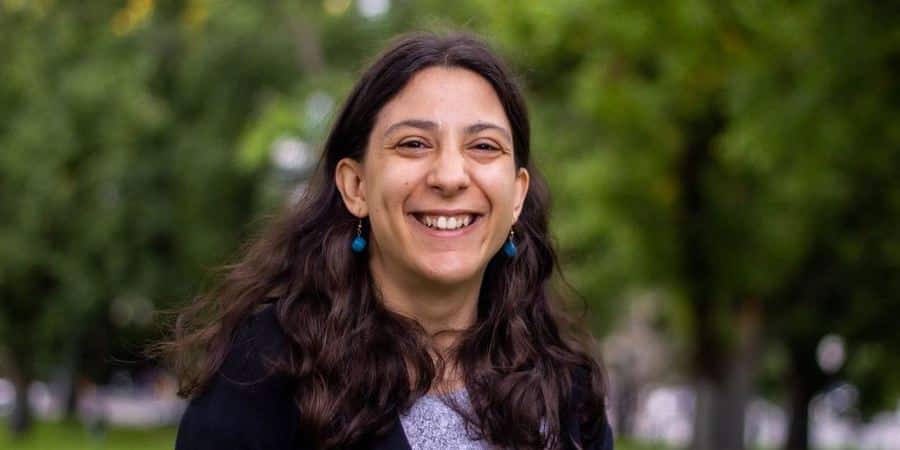
We’re delighted to welcome Laura Pettenuzzo as a guest blogger. Laura is a writer with cerebral palsy and a disability advocate living on Wurundjeri country. Passionate about accessibility, Laura writes Plain and Easy English content for various organisations, and her words have appeared in places like ABC, SBS and The Age.
The predictability of high school was the antithesis of life with physical and psychosocial disability.
I never knew exactly when my anxiety would surge and my fatigue and spasms with it. I used a manual wheelchair for the first year of high school and resented having to depend so much on others. I never knew, on any given day, if I would be consumed by self-loathing and consequently tense, exhausted and unable to focus. In my later years of high school, though I was ambulant, there were times when my legs just stopped. My friends would keep walking, expecting me to be behind them, and I never wanted to burden them or ask them to wait.
I was lucky that my family, friends and teachers at high school were extremely supportive. They understood that I would often be late to class because it took me a long time to walk across the campus. I regularly missed classes for sessions with my physio and counsellor. I was allowed to wear pants instead of the winter dress of the uniform code to keep my legs warmer.
At the time, I didn’t like being different from my peers. In retrospect, I’m so grateful for my parents’ encouragement and the school’s flexibility. If I could go back in time and speak to my secondary school self, I’d tell her that one day she would be proud of the way she dared to be different. I would tell her to hold on, that embracing her disability would be the thing that sets her free.
Spasms are one of the symptoms of my CP, and there’s a cyclical relationship between my anxiety and my spasms: when one gets worse, so does the other. As a high achiever who desperately wanted – needed – to do well, I experienced an increase in spasms and anxiety in the lead up to assessments. I was often grumpy and irritable, unable to focus on anything other than my potential failure. I was short with my parents and siblings and friends, which I deeply regret.
I often needed extra time to complete exams or tests. My teachers would check in with me and let me take breaks whenever I needed them. In my final years of high school (known in Victoria as VCE), I was granted special consideration during exams, and I don’t know what I would have done without it.
I was undeniably fortunate to have had such a positive high school experience as a disabled student. The support I received at high school was instrumental to my later employment, as I graduated with the skills and confidence to persist through a long and ultimately successful job hunt.
And yet I wonder, how different might it have been if I didn’t feel shame around my disability, or guilt for how it impacted my loved ones?
I hope that all current and future students with CP can know that there is courage, not shame, in understanding our access needs and asking for them to be met. I hope that the education system is equipped to adequately support disabled students so that school might be a place of growth and joy for them, just as it was for me.
CPA is working to ensure that students with CP can transition from school to employment as smoothly as possible through their ‘Blaze the Trail’ campaign.
In the March 2023 NSW state election, CPA called for all candidates and and representatives to commit to an inclusive School to Work Pathways Strategy for NSW.
You can show your support by signing the petition.